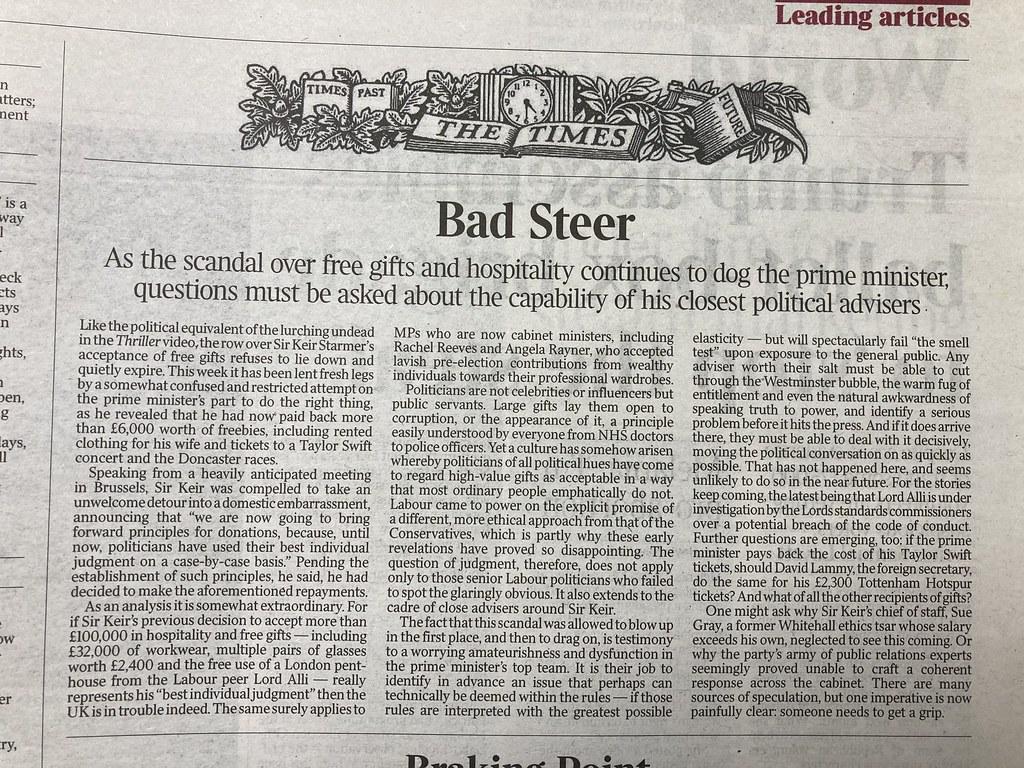In today’s complex healthcare landscape, the intersection between lifestyle choices and health insurance claims is a topic of significant concern and debate. As individuals strive to maintain healthier lives, questions arise about the extent to which personal lifestyle decisions impact the accessibility and affordability of healthcare. Health insurance companies, tasked with balancing risk and cost, often find themselves at the center of this discourse. This article delves into the intricate dynamics of how lifestyle choices—ranging from diet and exercise to smoking and alcohol consumption—can influence the approval or denial of health insurance claims. By examining the policies and practices of insurers, as well as the legal and ethical considerations at play, we aim to provide a comprehensive understanding of the rights and responsibilities of both insurers and insured individuals in this critical aspect of healthcare management.
Understanding the Impact of Lifestyle Choices on Health Insurance Claims
In the realm of health insurance, lifestyle choices can significantly influence the decision-making process regarding claim approvals. Insurance companies often evaluate risk factors associated with an individual’s lifestyle to determine the likelihood of future claims. Some of these lifestyle choices include:
- Smoking and Tobacco Use: Regular use of tobacco can lead to higher premiums and potential denial of claims related to respiratory or cardiovascular conditions.
- Alcohol Consumption: Excessive drinking may result in increased scrutiny of claims related to liver disease or alcohol-related injuries.
- Obesity and Diet: Poor dietary habits and obesity can lead to a range of health issues, affecting the approval of claims for conditions such as diabetes and heart disease.
- Sedentary Lifestyle: Lack of physical activity can be a red flag for insurers, potentially impacting claims associated with musculoskeletal disorders.
Health insurance companies may deny claims if they determine that the condition was preventable through lifestyle changes. This emphasizes the importance of maintaining a healthy lifestyle not only for personal well-being but also for the smooth processing of insurance claims. Understanding the terms and conditions of your policy and the impact of your lifestyle choices is crucial in navigating the complexities of health insurance claims.

Analyzing the Legal Framework: What Insurers Can and Cannot Deny
In the intricate web of health insurance policies, understanding what insurers can and cannot deny is crucial. Legal frameworks governing these policies vary by jurisdiction, but generally, insurers are restricted from denying claims based on discriminatory practices. Federal and state laws often mandate that insurers cannot refuse coverage for pre-existing conditions or essential health benefits. However, the landscape becomes murkier when lifestyle choices are involved.
- Smoking and Tobacco Use: Many insurers impose higher premiums or deny certain claims due to health risks associated with smoking.
- Obesity: While coverage for weight-loss treatments varies, insurers might deny claims if obesity is deemed a result of voluntary lifestyle choices.
- Alcohol Consumption: Excessive drinking could lead to claim denials if it results in conditions explicitly excluded in the policy.
It’s essential for policyholders to scrutinize the terms of their insurance plans. Some insurers may offer wellness programs or incentives for healthy lifestyle choices, potentially impacting coverage and claims. Understanding these nuances can empower consumers to make informed decisions about their health insurance options.
Strategies for Policyholders to Mitigate Claim Denials
To effectively navigate the complexities of health insurance claims, policyholders can adopt several proactive strategies. First and foremost, it is essential to thoroughly understand your policy. Familiarize yourself with the terms and conditions, coverage limits, and any exclusions related to lifestyle choices. This knowledge empowers you to anticipate potential issues and address them before they escalate into claim denials.
In addition, consider implementing the following measures:
- Maintain detailed records: Keep comprehensive documentation of all healthcare interactions, including medical reports, prescriptions, and communication with healthcare providers.
- Engage with your insurer: Establish a direct line of communication with your insurance company. Regularly update them about any lifestyle changes and seek clarification on how these may impact your coverage.
- Leverage professional advice: Consult with insurance advisors or legal experts who can provide insights into policy interpretation and assist in preparing a robust case for your claim.
- Prioritize preventive care: Engage in regular health check-ups and screenings, demonstrating a commitment to maintaining a healthy lifestyle, which can support your claims.
By adopting these strategies, policyholders can strengthen their position, reducing the likelihood of claim denials and ensuring a smoother claims process.

Expert Recommendations for Navigating Health Insurance Disputes
When dealing with health insurance disputes related to lifestyle choices, it’s essential to understand the fine print of your policy and your rights as a policyholder. Here are some expert recommendations to help you navigate these challenging situations:
- Review Your Policy Thoroughly: Before engaging in any dispute, meticulously go through your insurance policy documents. Look for specific clauses related to lifestyle exclusions and conditions under which claims can be denied. Knowing the details empowers you to argue your case effectively.
- Gather Evidence: Compile all relevant medical records, correspondence with healthcare providers, and any documentation that supports your claim. This evidence will be crucial in challenging a denial based on lifestyle choices.
- Consult a Specialist: Seek advice from an insurance expert or attorney specializing in healthcare disputes. Their expertise can provide insights into complex insurance jargon and offer strategies tailored to your specific case.
- Communicate Clearly and Professionally: When contacting your insurer, maintain a professional tone. Clearly outline your argument, backed by evidence, and request a detailed explanation for the denial. Written communication is often preferable as it creates a paper trail.
- Utilize Appeals Processes: Familiarize yourself with the insurer’s appeals process and follow it diligently. If necessary, escalate the issue to state insurance regulators or consider mediation or arbitration for resolution.
By following these expert tips, you can more effectively challenge health insurance claim denials related to lifestyle choices and advocate for your rights.

